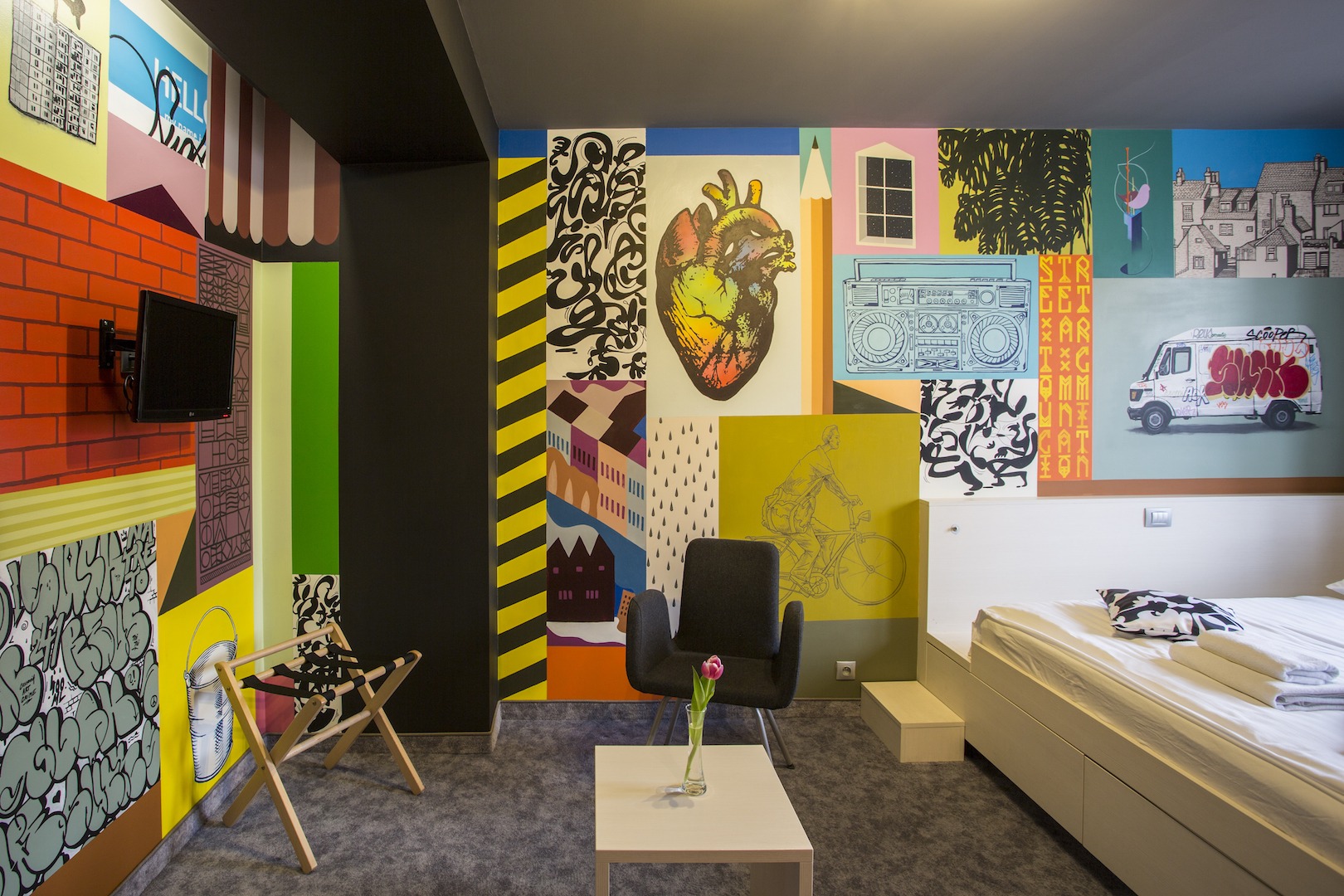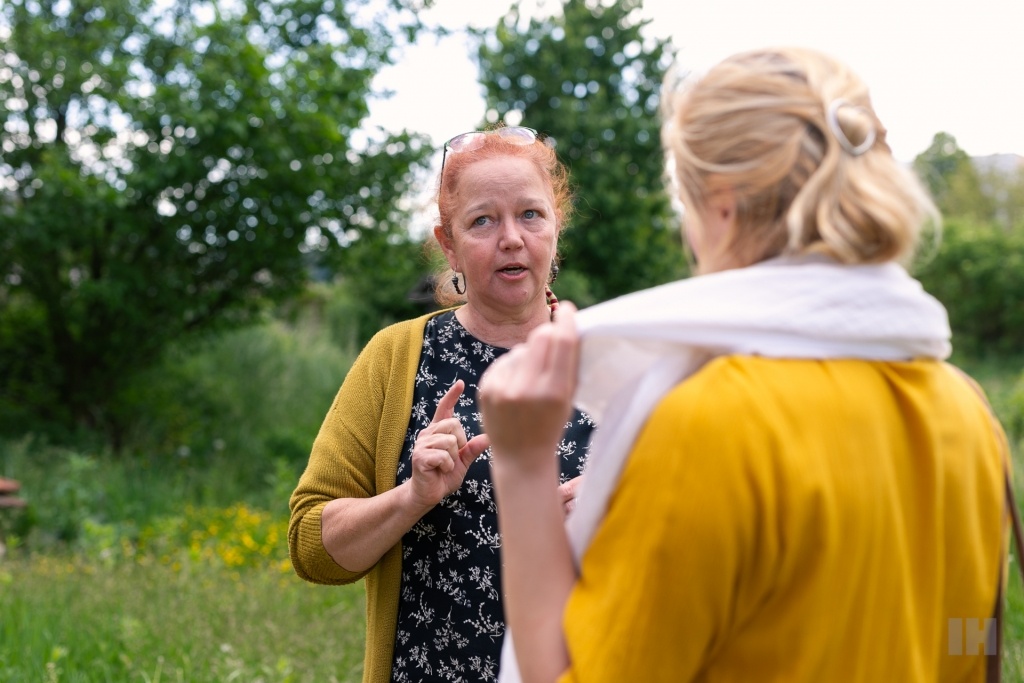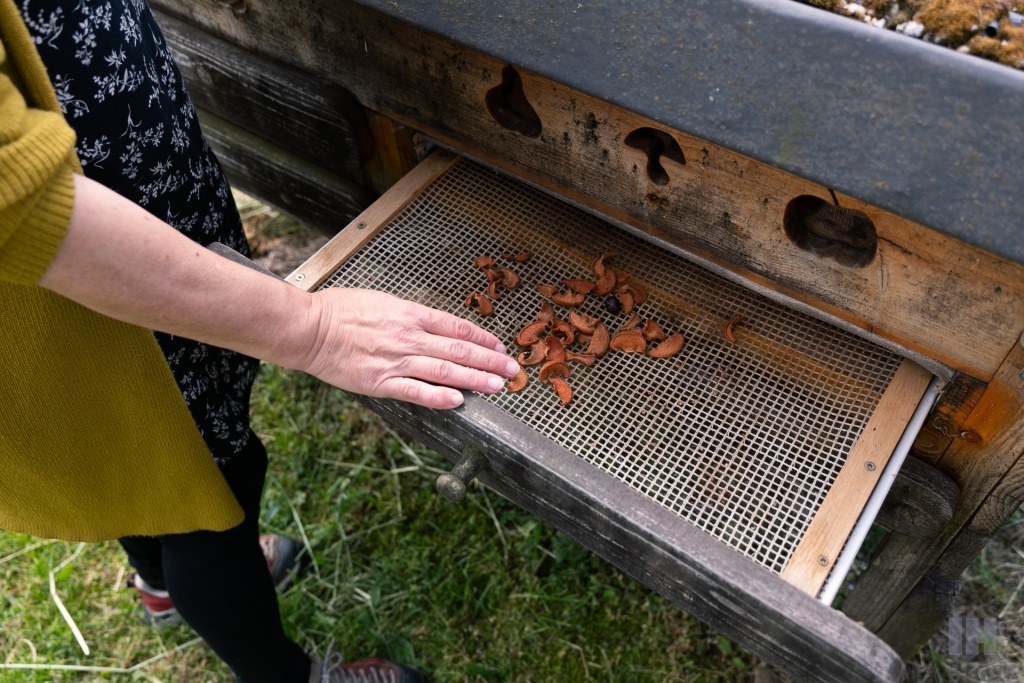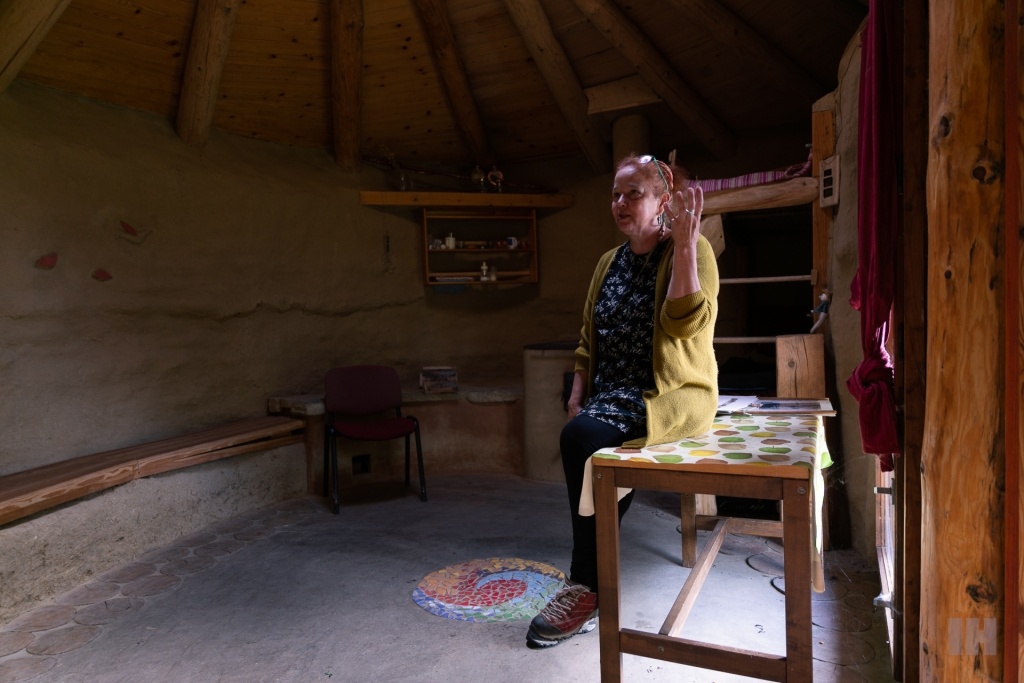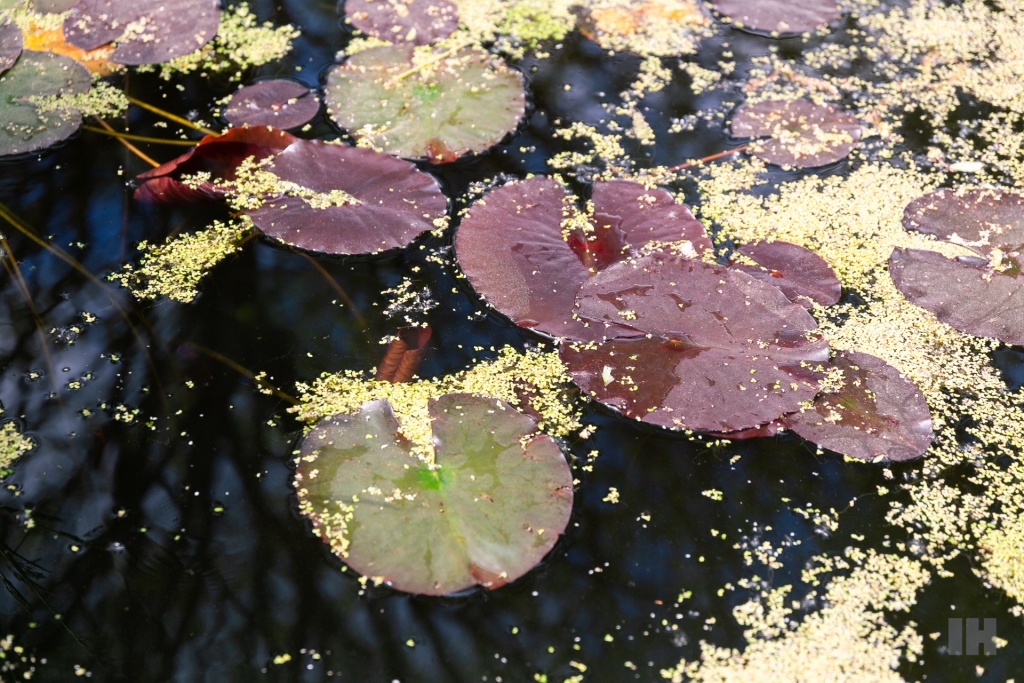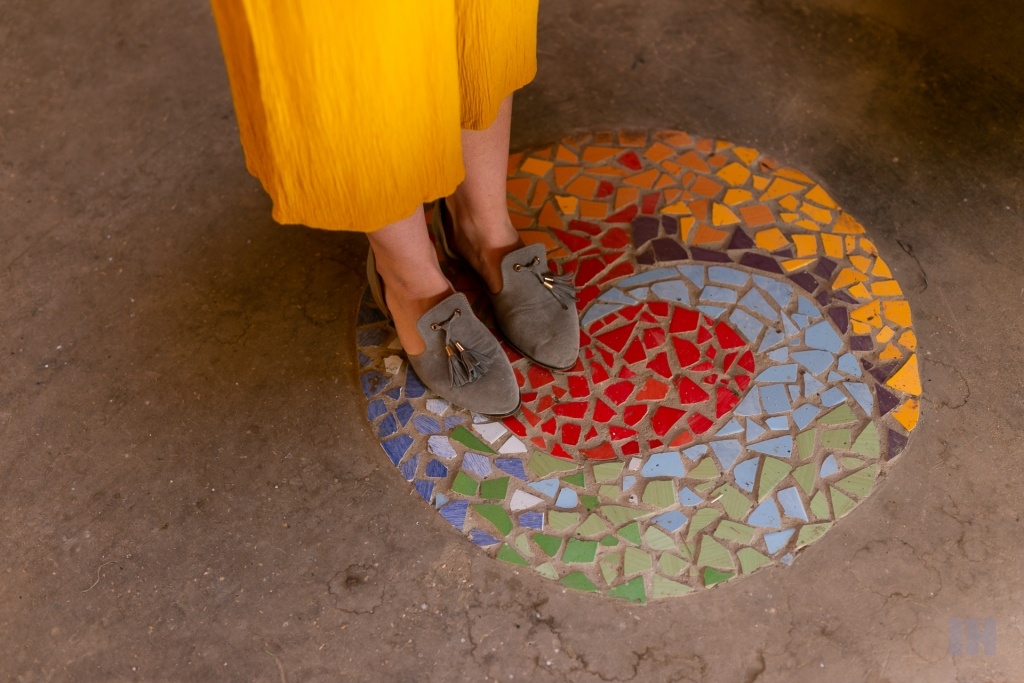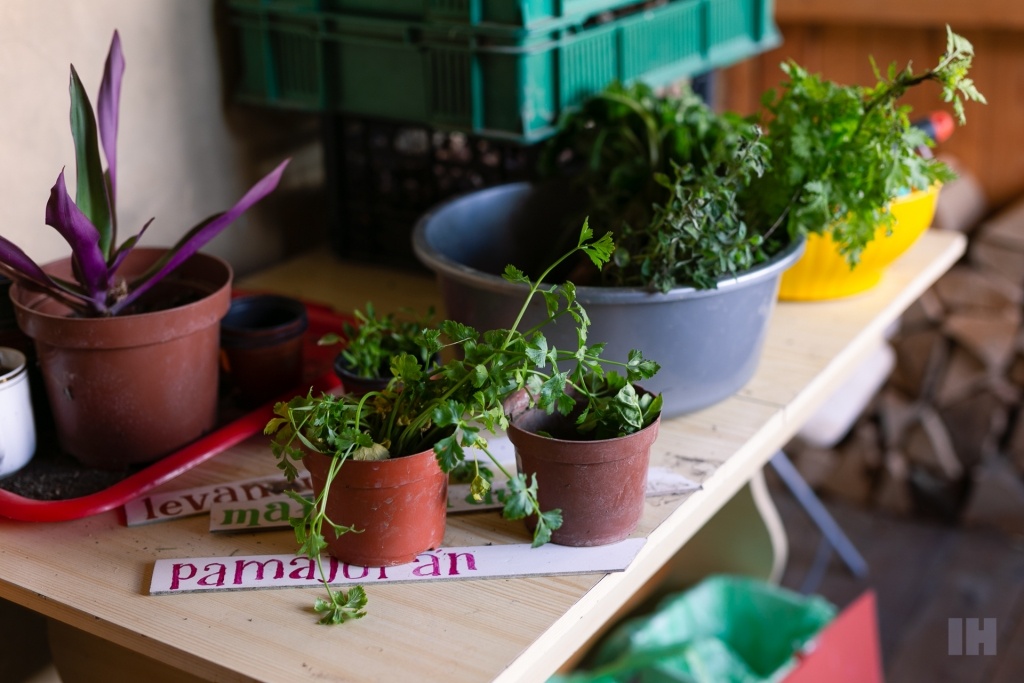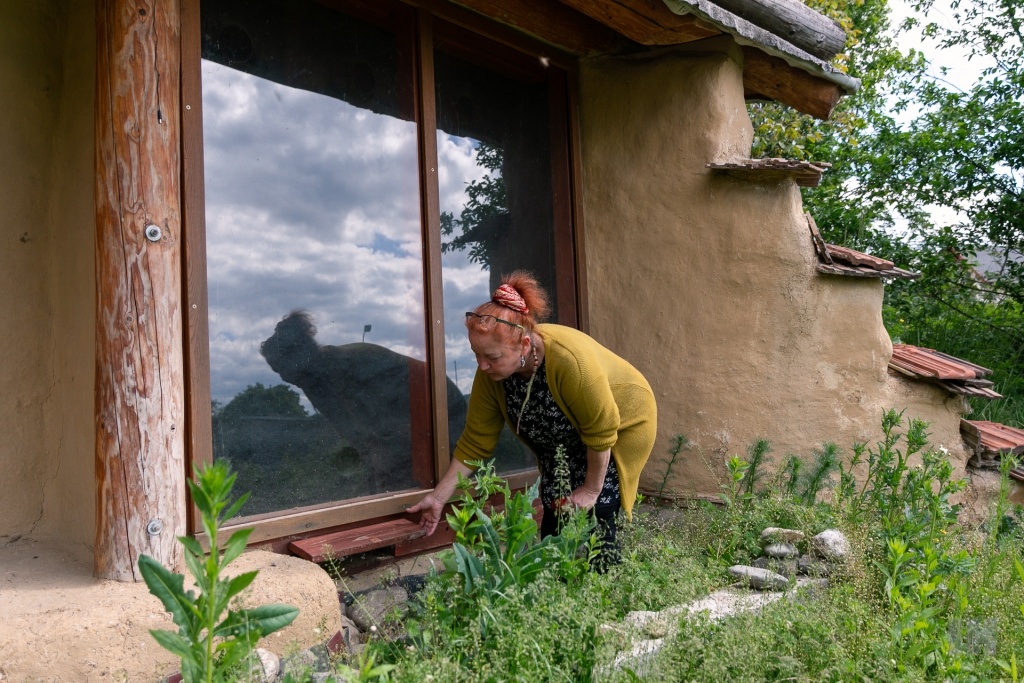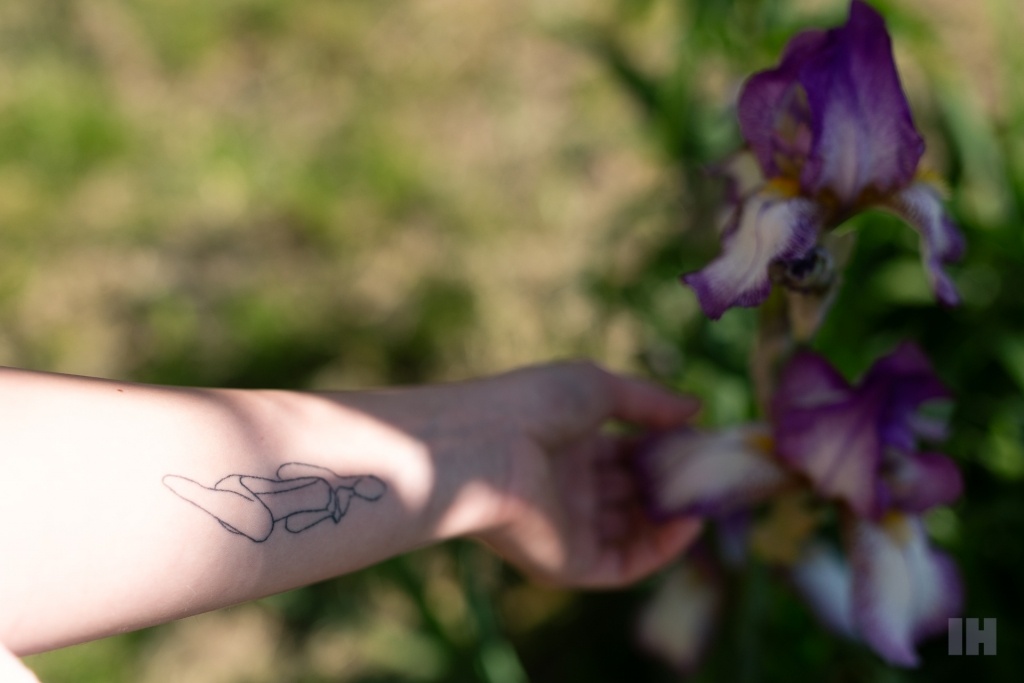Gardens as an art therapeutic alternative? The eco-centre SOSNA with Silvia Szabóová
You could count non-governmental eco-centres in Slovakia on one hand. The only one in the eastern part of the country is located in Kostoľany nad Hornádom, eleven kilometres from Košice. A married couple, Mr and Mrs Szabo have been working here since 2008 on alternative forms of education in the field of cultivation, natural garden design, herb processing, environmental education and self-sufficiency. Moreover, their civic association SOSNA has existed for 28 years. How can one spend time in their eco-centre?
Climate garden
In 2008, the civic association SOSNA managed to acquire land behind the primary school in Kostoľany nad Hornádom. Throughout several years of activity by the members of the association, volunteers and enthusiasts, they built a large international certified garden that uses natural materials. Their design solutions are supposed to react to climate change as a necessary response to human intervention, as Silvia Szaboová, the co-founder of the association, explains: “The building next to our natural garden is insulated with straw, sheep wool, technical hemp. Such a design doesn’t aggravate the effects of human or industrial activity, rather it reduces them. The use of these materials has a positive effect on climate change, it helps against floods or drought. We were one of the first ones to focus on the permaculture cultivation of natural gardens in Slovakia – they can be described as those not used for production but which adapt to their surroundings. It is useful and prosperous not only for humans but also for birds and soil animals. That is why we regularly organize courses on the creation of climate gardens for the public.”
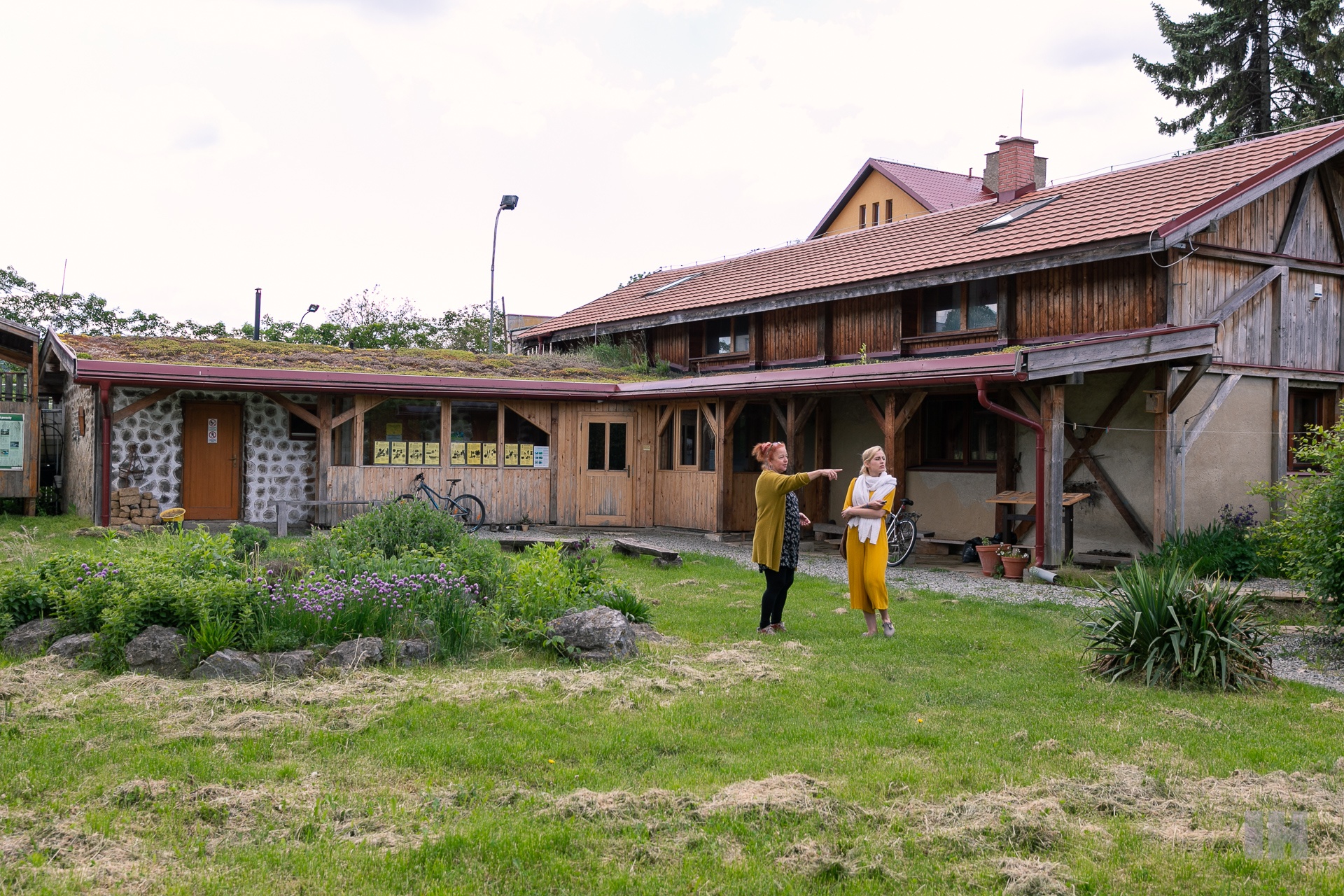
From tramp movements to lecturing
The SOSNA civic association was established 28 years ago as one of the first non-governmental organizations in the country. Silvia claims that the vision was to build a space where their customers could come to and try out the solutions for real. 2 employees, 5 external lecturers, and about 20 volunteers lead courses and lectures on growing and processing herbs. Our customers are often private homeowners who want to choose a new alternative to the natural garden or school facilities which want to make different use of their premises and teach outdoors as well. When the Szabo family founded a civic association almost 30 years ago, they were part of the tramp movement and often roamed around the mountains and forests. “Our dream was to arrange our lives in a way that would be self-employed and at the same time, focus on something we like. I always wanted to teach and here it came true. I am a lecturer and I teach other people everything we have learned about permaculture. We want to show others that they can create something truly useful. And something that can also save the environment.”
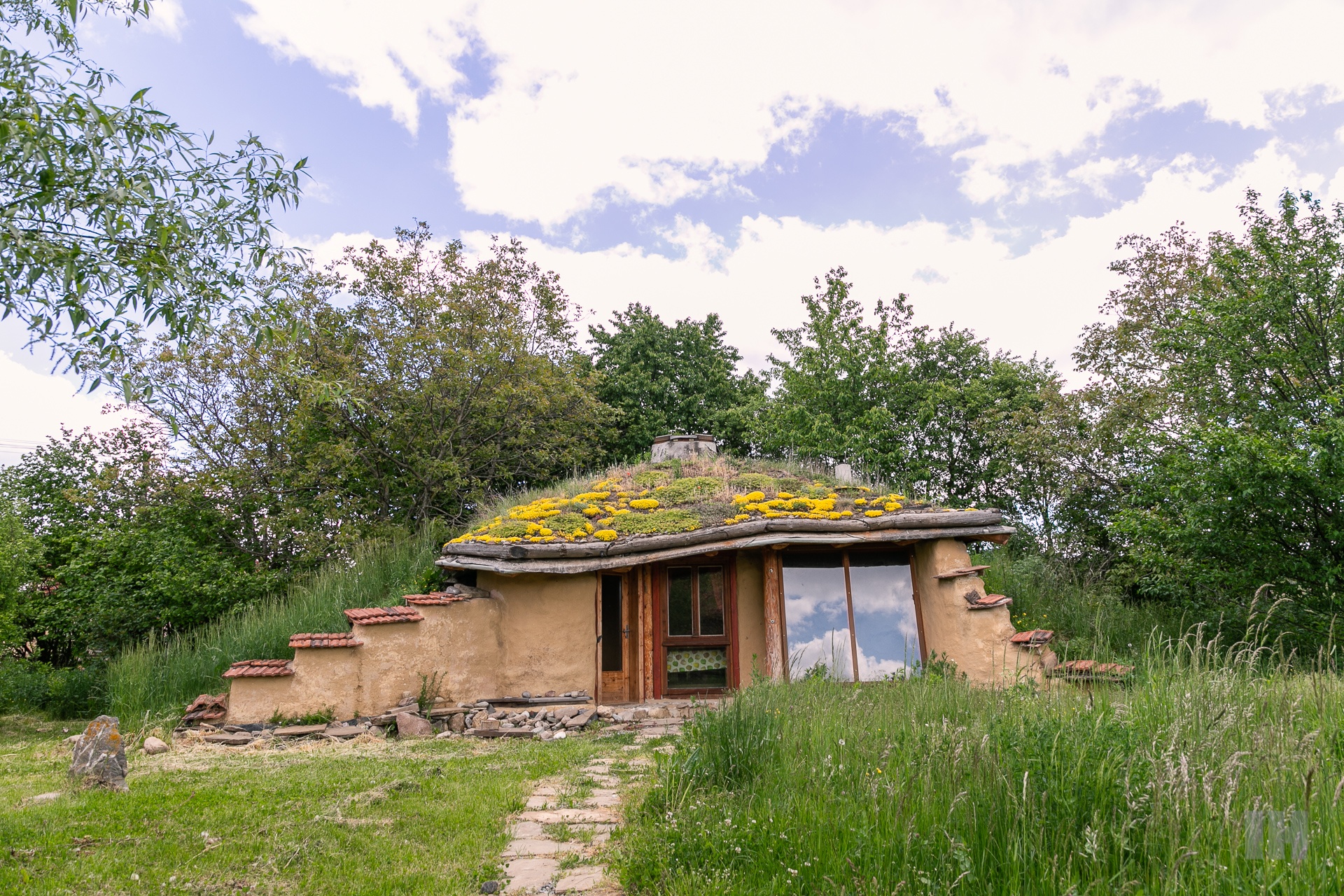
About 35 people can fit in a Hobbit house
In addition to the construction of a large garden, the eco-centre also owns an exceptional rarity – a Hobbit house where art courses, screenings, lectures, and even music concerts are regularly held. Surprisingly, over 30 people can fit in this small house. The clay floor is decorated with mandalas made of cracked tiles from the local ceramics shop, which were created by students from the Secondary Art School in Košice. In addition, the front clay wall of the house includes a solar heating system – a black painted wall with vents heats the incoming air and subsequently the room behind the wall. Energy alternatives are, therefore, one of the other options that can be learned in SOSNA. Surprisingly, when they took measurements in winter, the outdoor temperature of -6 ° C was transformed through sun rays into 18 ° C in the house.
Linking disciplines & therapeutic gardens
SOSNA organizes spring and autumn festivals several times a year, as well as natural and artistic social festivals and the well-known travel festival Iné cesty. Silvia emphasizes that over time, their focus has expanded to a number of different disciplines: “We do not only care about the environment and ecological alternatives. We frequently organize events including art and culture because we believe that the interconnection of disciplines often brings unexpected results. For example, we held various storytelling workshops to bring telling stories back to people. It is an activity that supports communication, imagination, inner values. This is also related to the use of natural gardens as a form of art therapy. A stay in the so-called therapeutic gardens is in many countries of Europe reimbursed by the state. In this way, people with physical difficulties, but also mental disorders and diseases such as depression or ADHD are treated here. They calm down, touch things from natural materials and create art pieces. They experience something concrete and abstract at the same time, which helps them to improve their condition.”
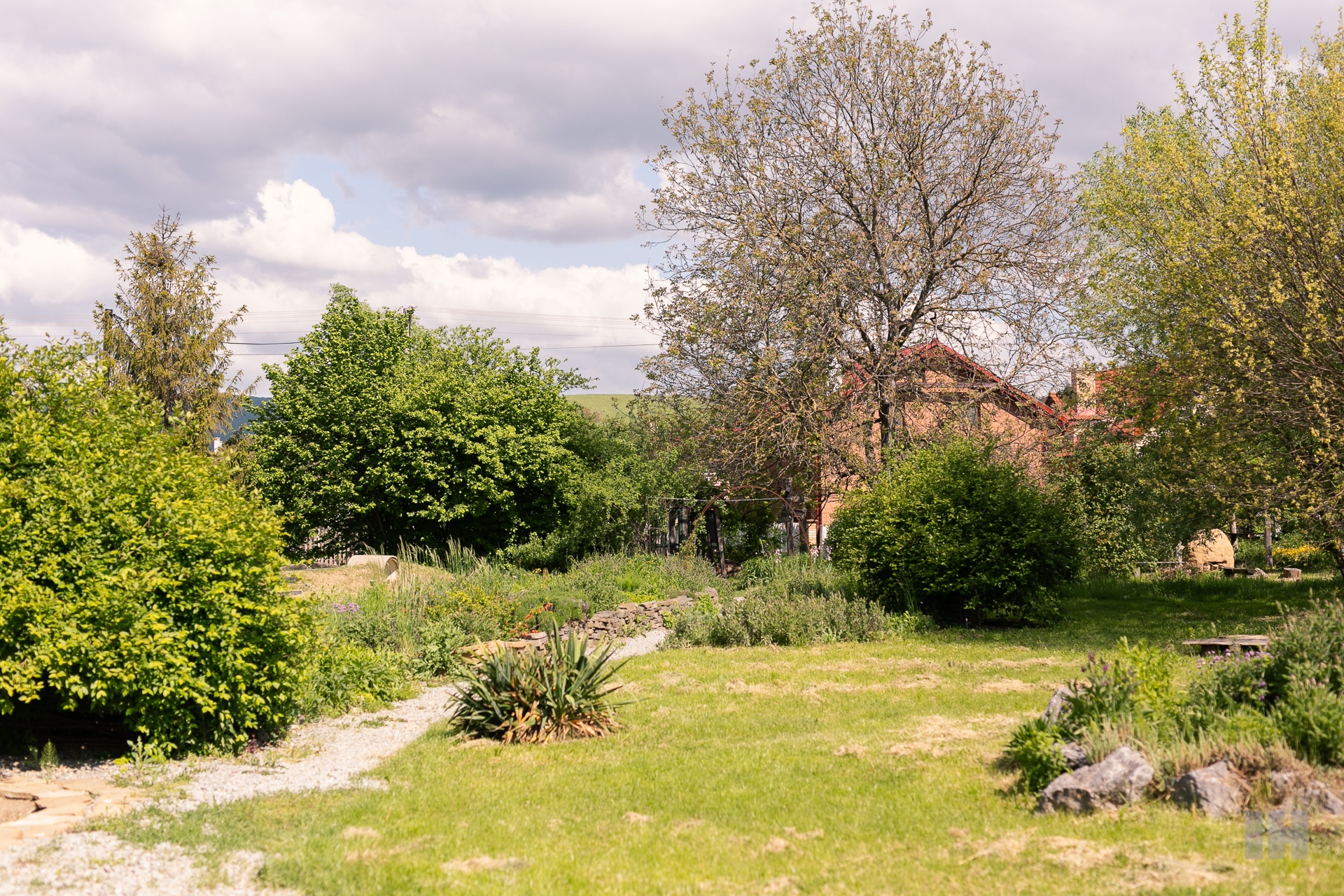
“I love finding out new things. I gather information from all kinds of sources and I refuse to live in the last century. I enjoy life as it is and as we have made it. Between choosing a good and a less beneficial thing, no one can stop me from pursuing the one that does not have a negative impact on the environment. We still want to move forward and after 30 years we have gone through many stages. I want to know what is coming up next.”
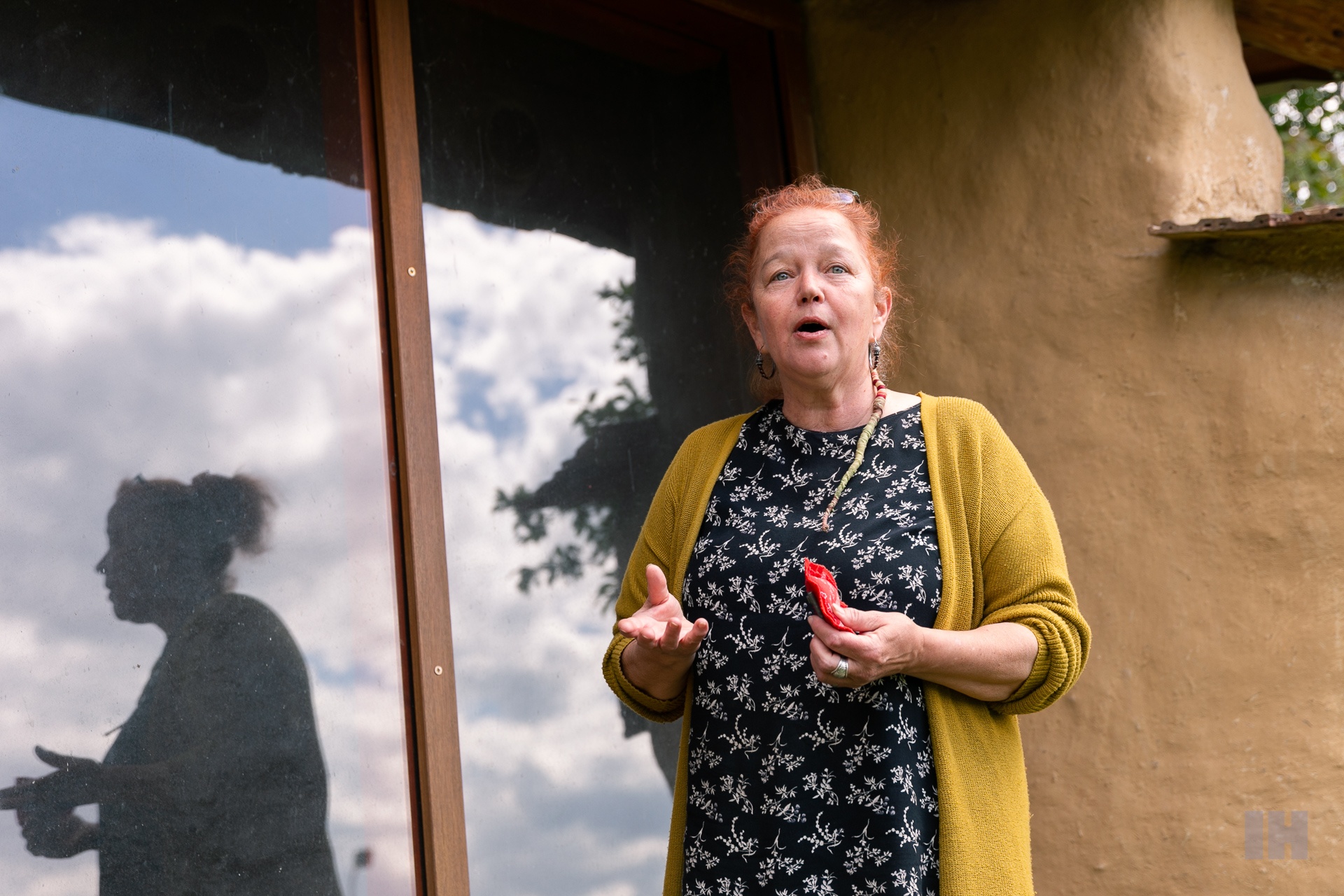
Solar dryer made with windows
Eco-centre SOSNA collaborates with several Košice organizations that work with children, as well as potters, dancers, and musicians. The eco-centre owns a clay furnace for ceramics or even bread and pizza. There are garden beds with sage, amaranth, chives, mint and dozens of other herbs. The maintenance of a natural garden requires a simulation of an environment in an uncontrolled nature. When mowing, for example, they do not mow everything – they leave plants of different lengths, avoid right angles so that the flowers can cope with moisture and prevent drought. In addition to solar heating, they have made a solar dryer in the garden, which uses the same principle as a hobbit house for heating. The owners of the centre try to use every unused, waste material for something new – this dryer, for example, is made of old windows as individual drawers for drying.
Critical thinking and experience-based education
Activities dedicated to children, which focus on environmental education are a special category in SOSNA. This includes, for example, stone balancing, where children learn to work with balance or an outdoor playground, where they can play and climb on waste material such as shaft rings, old tires, logs. First of all, the main intention is to support independent thinking and work on formulating their own opinion: “We want to teach children to think for themselves and we support their critical thinking, decision-making. They need to understand that they have to get rid of presumptions to satisfy their parents, principal or other role models. We show them that the most important thing is to believe in your own judgment and make the right decision. The children relax in our centre, play in the dirt and leave dirty but happy. I call it a pure joy – some people do not let themselves experience such emotions because of the environment or expectations. Our children have contact with nature – it is something that is slowly disappearing and we are trying to return them to this world,” says Silvia.
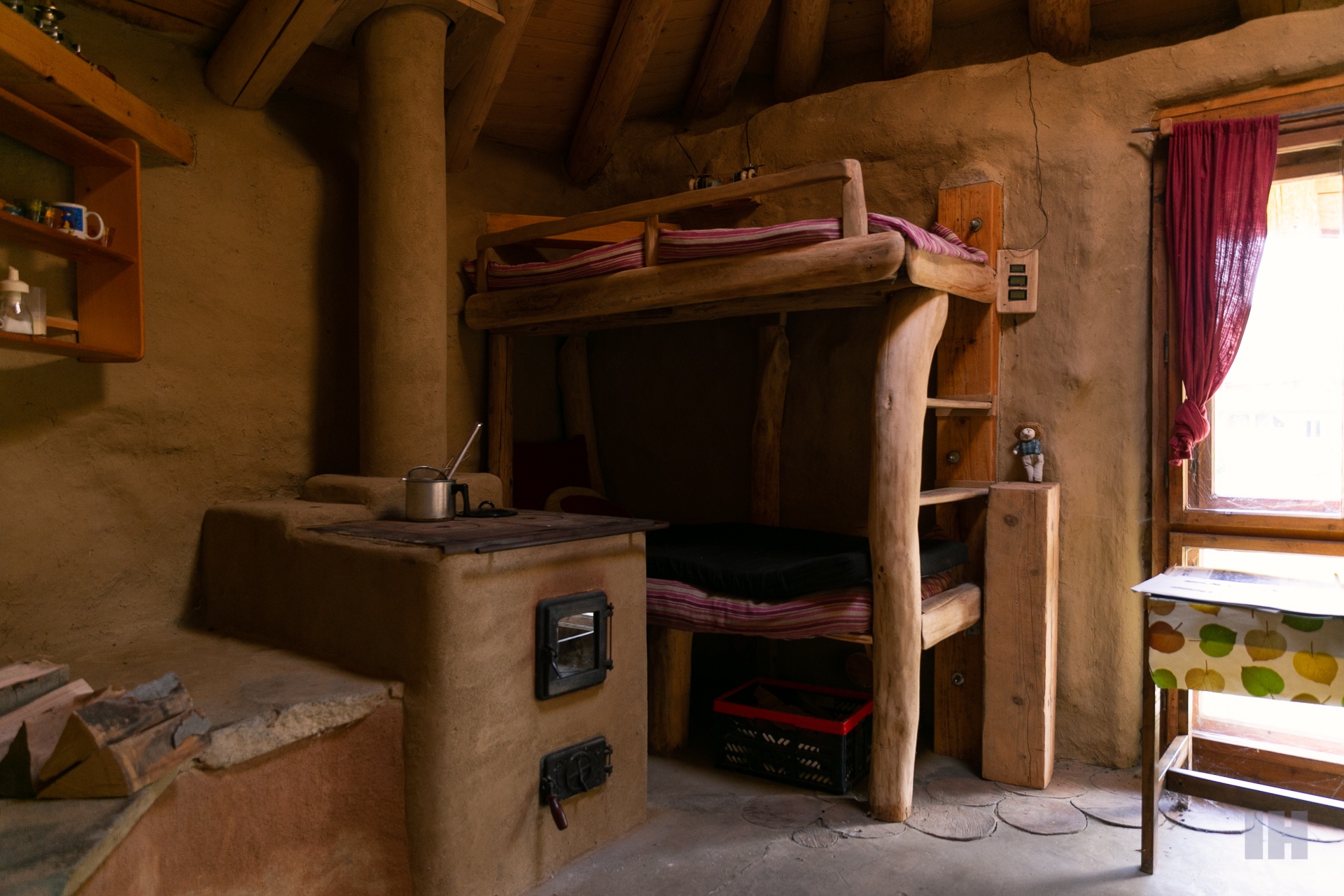
Come to explore Košice and its invisible hidden treasures. The Invisible Hotel rooms are situated just 11 kilometres from the SOSNA Eco-centre.
